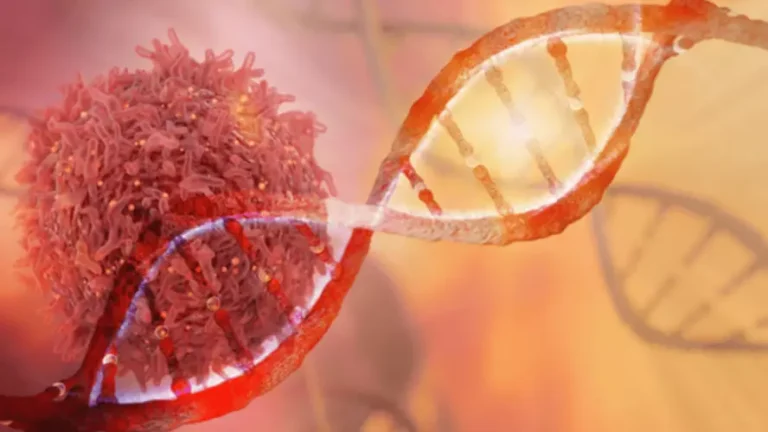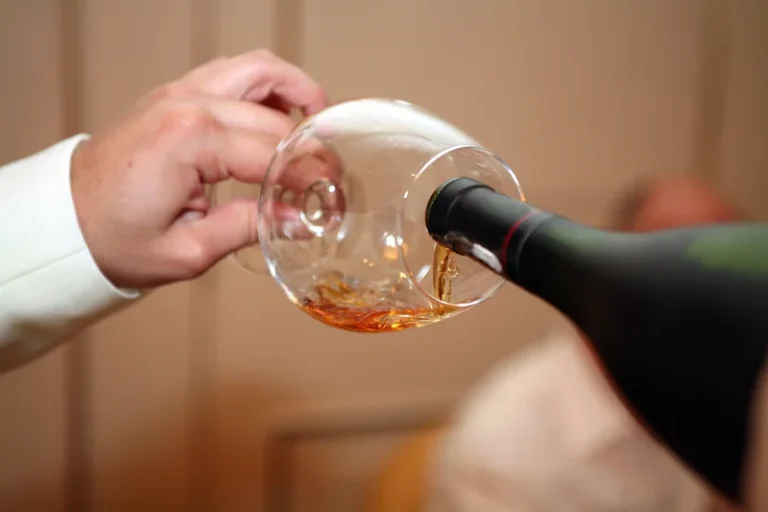
Oftentimes being hungry, angry, lonely, or tired can trigger a desire to use (especially in early recovery), and therefore its important to identify hunger, anger, loneliness, or tiredness and address the underlying need instead of using a substance. Setting and communicating boundaries in recovery is important for your relationships and a practice of self-love. Without boundaries, you may say “yes” to things you don’t want to, avoid necessary conversations, and be consumed by others’ negative feelings. Prioritizing your boundaries ensures that you’re aligned with what’s best for your well-being.
- Using’ if-then’ statements, these implementation intentions linked any situation (i.e., an internal or external cue) to a response, such as a behaviour, feeling or cognition, and accompanied any relapse prevention plan discussed during therapy.
- If you are experiencing a medical emergency and need immediate care, call 911.
- Without boundaries, you may say “yes” to things you don’t want to, avoid necessary conversations, and be consumed by others’ negative feelings.
- Even after significant progress, the temptation to return to old habits can be strong, particularly in stressful situations or when faced with familiar triggers.
PROVIDER SEARCH
It should not be used in place of the advice of your physician or other qualified healthcare providers. The high rates of relapse following different psychological interventions demonstrates the need for preventative approaches to tackle the challenges of relapse and recurrence which prevent long-term recovery. By understanding the causes and processes of relapse, advances in the long-terms efficacy of psychological relapse prevention skills therapies can be made (Brandon et al., 2007; Scholten et al., 2013). Some practitioners delivering low-intensity treatment may discuss relapse prevention throughout the course of treatment to ensure sufficient time is provided to any relapse prevention work (Papworth & Marrinan, 2018). Recovering from addiction can be daunting, with fear of relapse often being the source of great distress.
Steps to Writing an Effective Relapse Prevention Plan
By recognizing the unique assets that each family member brings to the table, families can work together to build a strong support system that can help their loved one stay on track in their recovery journey. You’ll find that your clients have more success avoiding relapse when they have a solid plan to deal with triggers, temptation, and all the other challenges that come with sobriety. A good relapse prevention plan will help your client recognize when they are at risk, and it will give them several ways to navigate these experiences successfully. Your doctor or an addiction treatment center has treatments to control withdrawal symptoms.
Establish a Support Network
Our mission is to improve the quality of life for individuals, families and communities affected by alcohol and drug dependency by providing affordable, effective educational services grounded in the Twelve Step principles of Alcoholics Anonymous. The Retreat is a Minnesota supportive, educational center that offers tailored and supportive drug recovery programs. Because everyone’s journey to recovery differs, our programs are customized specifically for each person. Reach out to trusted family and friends and discuss a recovery plan together; ask for their support as accountability partners, and count on them as someone there when help is necessary.

Relapse prevention following guided self-help for common health problems: A Scoping Review

With repeated use, alterations in brain chemistry and functioning can result in the development of substance dependence. Once a person becomes significantly physically dependent, withdrawal symptoms and drug cravings may be common side effects if drinking or drug use slows or stops suddenly. Someone who has grown dependent on a substance may not feel “normal” without it. Therefore, a return to drug or alcohol use may seem like a good way to get back to feeling OK, curbing withdrawal symptoms, and combating strong cravings. Creating a supportive and positive environment is crucial for relapse prevention, especially for family-centered approaches.

The three peer-reviewed publications (Lucock et al., 2018;2021; Wright et al., 2000) tested the effectiveness of their interventions. Whereas data concerning the effectiveness of the relapse prevention intervention across the grey literature documents (OxCADAT, n.d.; Chellingsworth et al., 2013) was not reported or has yet to be collected (Paddle, 2019). Across all these relapse prevention interventions and resources, participants were asked to refer to a manual or workbook consistently following the completion of GSH to prevent relapse and practice various techniques independently.
- It is one of many tools used by individuals recovering from a substance use disorder.
- This may involve reaching out to a support person or attending support group meetings as part of that strategy.
- A common acronym heard in the recovery world is HALT — hungry, angry, lonely, and tired.
- A relapse prevention plan can help you identify triggers, develop coping skills, and understand who is ready to help you in a crisis.
- Someone may find it useful to imagine how their life will be without using drugs or alcohol.
- Relapse refers to any return to substance abuse after an extended period of abstinence; it is a common occurrence among those in recovery and may be caused by various triggers like stress, boredom, or social pressure.
What Triggers Lead to Relapse?

A therapist or counselor can teach you coping skills to deal with the negative thoughts or cravings that may be driving you to use again. Most often, a relapse prevention plan is a written document a person creates with their treatment team and shares with their support group. The plan offers a course of action for responding to triggers and cravings.


Leave a Reply